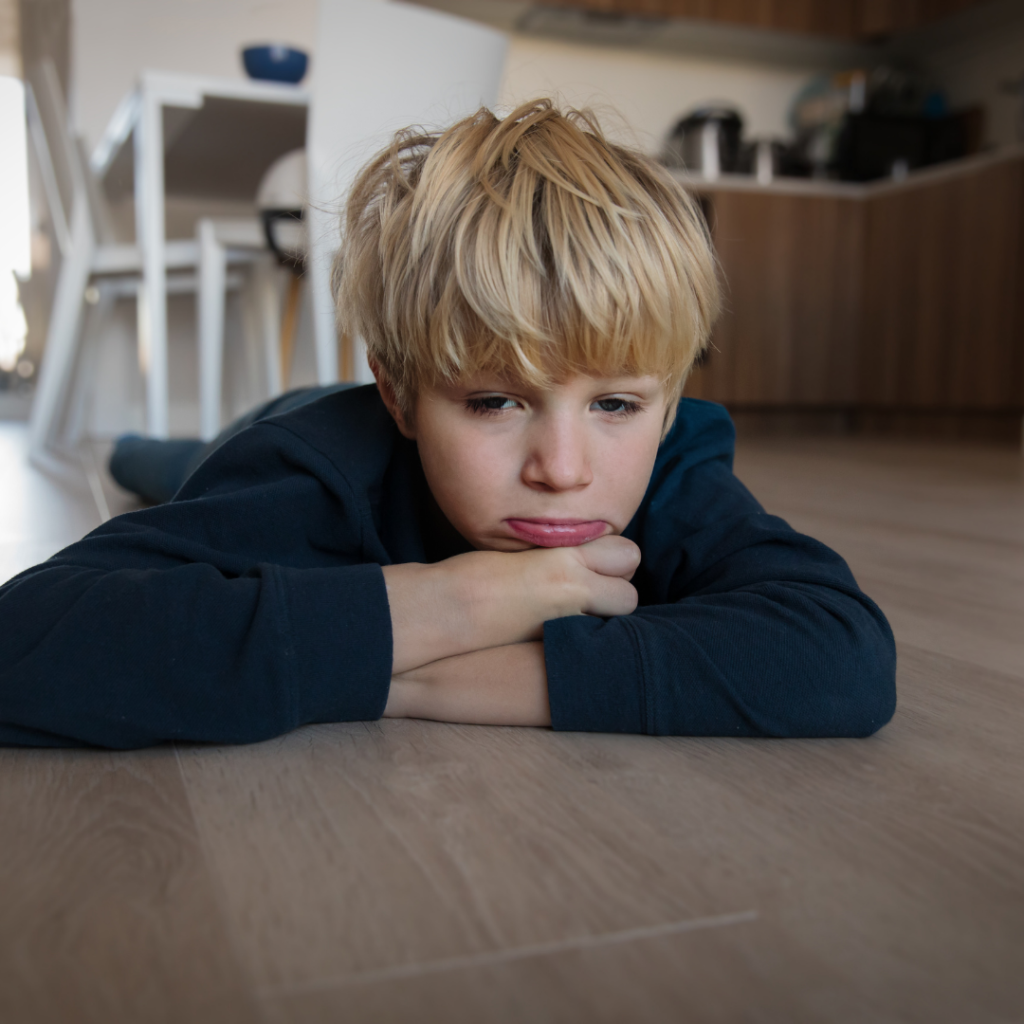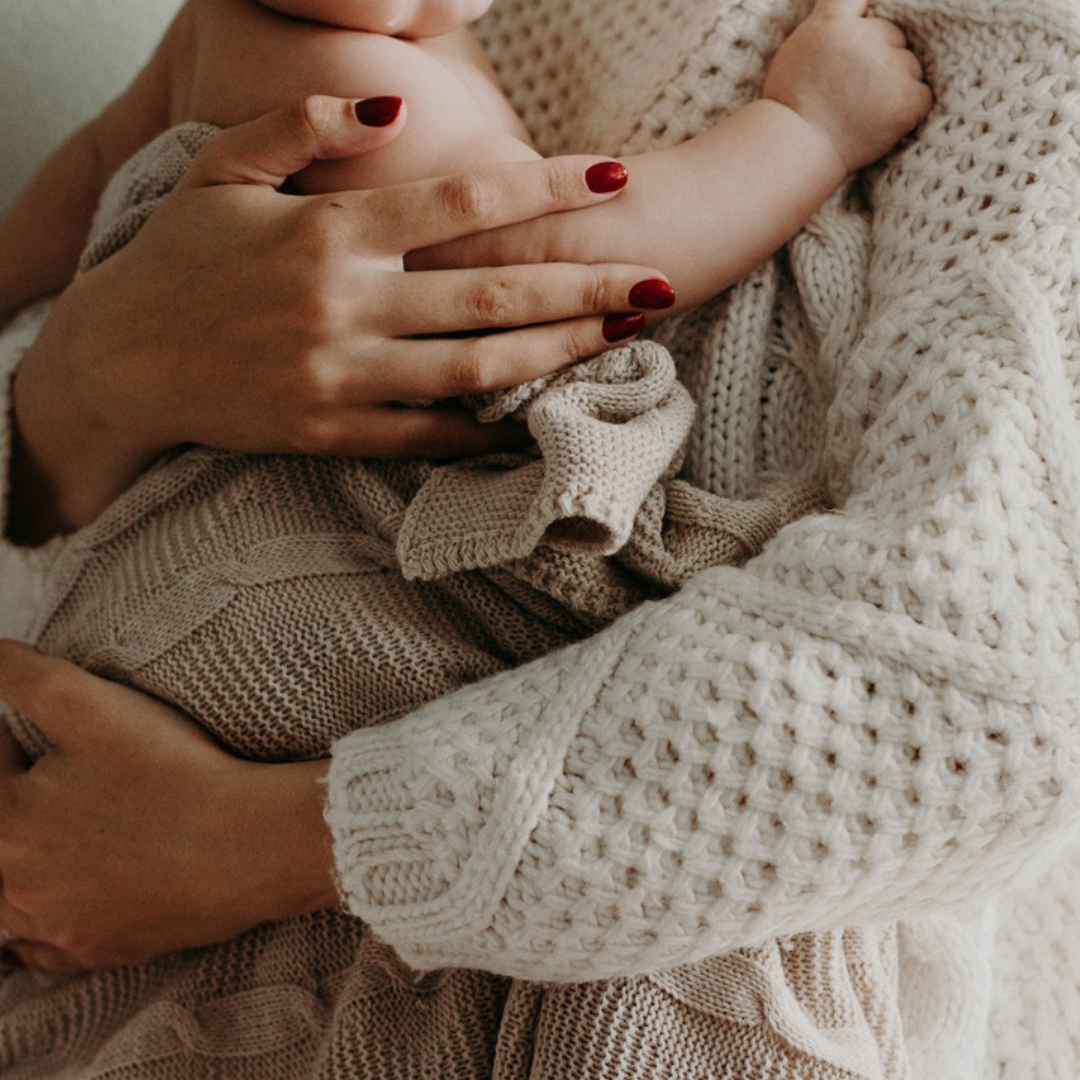How to Keep Your Child’s Anxiety At Bay
With the latest eruption of the Covid-19 crisis, powerful emotions are evoked. Adults and children alike feel uncertainty, anxiety and fear.
As parents, it is our job to help our children develop tools to calm and encourage themselves while teaching them to socialize. Here is how you can help keep your child’s anxiety at bay, especially if you are unable to send your child to daycare for socialization at this time.

Regardless if your child goes to a daycare or preschool, they look up to us for guidance and solace – especially when it comes to anxiety! It’s a scary feeling for adults who know what it is; imagine how a toddler or elementary school child feels.
How to Keep Your Child’s Anxiety At Bay
Work on Emotion Recognition
Already in early childhood children learn how to pay attention, recognize and calm their emotions. It is a learning process that lasts a lifetime. Emotions can overwhelm us all, but for young children the emotional effect may be particularly uncontrollable. They may have difficulty understanding their emotions and feelings, such as butterflies in the stomach or dizziness.
Children trust us, the adults, to understand what they are feeling and what their emotion means. Try to be curious about your child’s feelings along with them. Ask them what is going on in their body right now and if they can name the feeling they are feeling. A child’s anxiety can show in many forms.
Practice Self-Validation
Along with learning to recognize emotions, it is important that children learn that there are no right and wrong emotions. Emotions are just there. No matter how painful or powerful an emotion is, it is okay and acceptable to experience it.
You can help your child understand their emotions. As children learn to handle their emotions, it helps them reduce the intensity of the emotion, and helps them trust their ability to regulate them.
Find Ways to Calm Your Child Down
Help your children discover activities that can help them relax or feel better. The means that help each child are completely individual and depend on the specific situation he is in, and also on his preferences. Therefore, try to explore together all kinds of activities.
Sit with your child and:
- Color together, opening up dialogue
- Listen to music
- Work on an art project together
- Go for a walk or swim
Try to Adopt a Positive Self-Discourse
Trying to identify how we speak to ourselves is another important lesson. Help your child understand how powerful their inner voice is. This is the first step to teaching them how to talk to themselves in a positive way.
When we talk to ourselves in a negative way, we often feel worse, which makes it harder for us to face challenges. So, we feel even worse because we failed, retired and did not meet the challenge. Help your child pay attention if they speak insultingly or disparagingly to themselves – this will only add to the child’s anxiety.
Be Sure to Set a Personal Example for Coping
As parents, we often tend to see the needs of our children before our own needs. But, it is also important to be a model for the children, and show them how we deal with difficult situations.
If you are dealing with a challenging situation that suits your child to hear, try to name the feeling you are feeling and then describe to your child how you plan to deal with it. For example: ‘I feel sad because I had a hard day at work. I’m going to take a hot shower and take the dog for a walk to feel better.”
What tips do you have to quell your child’s anxiety? I’d love to know!






